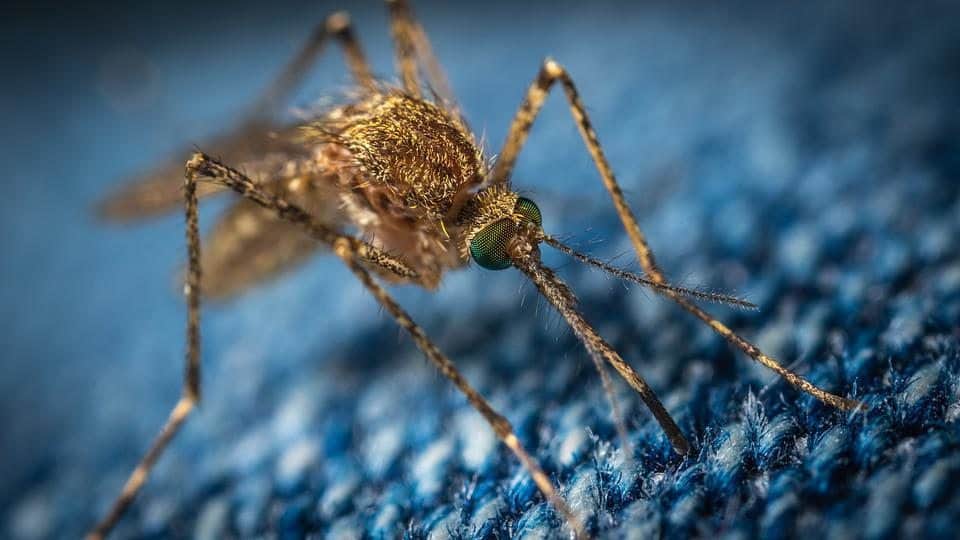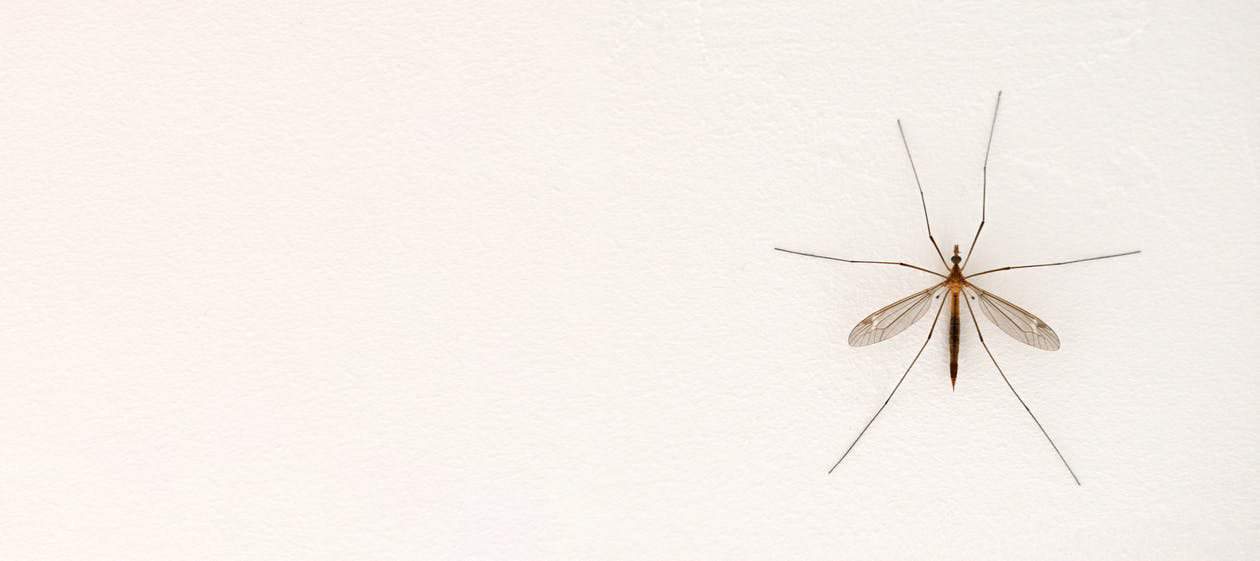
The process of researching natural Mosquito Control services for your home or business in the Omaha, Nebraska area can be an arduous journey full of confusing terms, competing information, and dead ends.
As a home or business owner you are probably curious about your extermination and control options; but if you are a parent or pet-owner, your worries about communicable disease and illness may be compounded by the presence of a wicked infestation in dire need of professional-level retribution.
Thankfully, you’ve come to the right place. Below are the most frequently asked questions about natural Mosquito Control available in your area.
Stages of an Infestation
Contents
First and foremost, you should understand the lifecycle of bugs as you may be able to nip the issue in the bud quicker with a trusted natural service provider if you are aware of the stage of your infestation.
1. Egg: this stage occurs in water and typically lasts 2-3 days. The eggs can be as small as the eye of a needle, but are dark and easily visible en-masse in a puddle or bird bath.
2. Larva: at this stage also occurs in water. The eggs hatch into miniscule worms for 24 hours.
3. Pupa: at this stage the worms leave the water and get to know themselves.
4. Adult: at this stage the worm grows flies and leaves the watery nest, ready for the world.
What types of services are available?
In terms of services, there are two main types: control and prevention. Both are necessary to maintain a healthy, bug-free outdoor environment for yourself, family, or your employees. Some of these companies even offer special services for one-time Mosquito Control spraying for outdoor events.
Control: The “control” process involves the identification and removal of the invasive breed in your desired area of service. This service typically utilizes chemical agents to eradicate the current infestation and prevent further generations from spawning.
Prevention: The “prevention” process involves post-control measures to ensure that the invasive breed in your desired area of service does not respawn, becoming infected and inhospitable for your coworkers and loved ones. This is not a desired outcome for any individual or business, and if it is then you are absolutely in the wrong place.

The two most common breeds encountered by scientists and entomological researchers in Omaha, Nebraska are Aedes and Psorophora, otherwise known as flood water type mosquitos. Click here for more information about these specific breeds.
Unfortunately, these breeds are known carriers of the Zika virus, West Nile virus, Chikungunya virus, dengue, and malaria. While some mosquito-borne illnesses can be vaccinated against, not all can. Every conceivable, possible avenue of pest eradication should be taken seriously and considered as it may prevent the next outbreak.
What methods/chemicals are used?
• Sprays: Several, on-contact killing chemicals are used widely on the market, to different efficacies. Aerosol space sprays containing pyrethrin or pyrethroid are available at most outdoor supply stores, but keep in mind – these sprays should only be used as directed and not left to settle on surfaces as they could be toxic to humans and animals upon frequent contact.
• Insecticides: For those of us with at-home gardens know how one bad season of mosquitos or other insects may destroy an entire year’s yield of produce. Mowing frequently and applying any commercial vegetation insecticide is usually quite beneficial in keeping those pesky bugs at bay in your personal Garden of Eden.
• Traps: The most common and cost-effective Mosquito Control method is the use of mosquito traps, which can be placed both in-and-outside the home for effective treatment of said areas. Traps range from “bug-zapper” style lights for your porch or deck to scent-based collectors that sit on a shelf or hang on the wall.
• Barriers: Installing screen doors in attached open-air areas of the home, such as porches or decks, can greatly reduce mosquito populations in smaller, controlled areas of the home. Flyswatters are also the most common and popular way to mechanically deal with your infestation problems.
What can I do to help prevent mosquito bites at home?
Eventually one of these teeny evil guys are going to make their way inside your home or business. So what do you do to detract the undesirable advances of these disease-carrying, despicable little creatures?
• The CDC recommends DEET as a topical repellant. DEET is an EPA-registered spray provenly effective and safe (when used as directed). Source: https://www.cdc.gov/mosquitoes/mosquito-bites/prevent-mosquito-bites.html
• The CDC also endorses using natural repellents with low levels of DEET occurring in them, such as the lemon eucalyptus oil.
• Studies have shown that bugs are attracted to bright, colorful clothing – so the darker, more drab and danky you dress the better!
• Standing water is a hotbed for normal mosquito activity. They drink, bathe, and reproduce in water, so any standing water is a potential breeding ground for your next wave of uninvited guests. Clean any spills immediately and cover any open, standing water sources (e.g. dog bowls) when not monitored.
• Citronella candles and tiki torches are a great (but possibly culturally inappropriate) way to avoid bugs at your next barbeque, but keep in mind the scent can be unpleasant for your four-legged friends, so use sparingly.
What about other pests (e.g. ticks)?
Areas commonly infested with mosquitos are commonly tick-heavy, as well. The larval stage of both creatures needs plenty of moisture to thrive, thus any area where one is you are likely to find the other. Ticks can also carry a host of deadly diseases, but require different methods of control and eradication.
Fleas and ticks may be controlled in some of the same manners as mosquitos are, as well as alongside these methods and treatments. More often than not, chemical intervention is necessary to compete with the intrusive nature of tick hives and flea nests.
